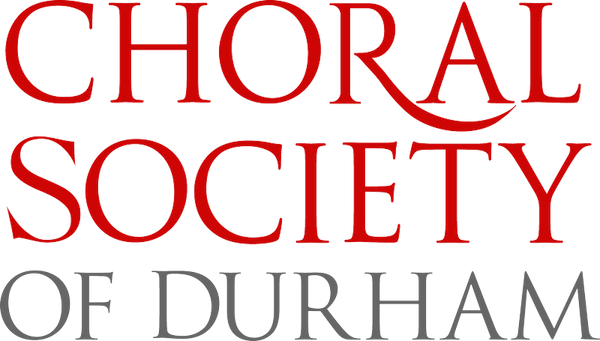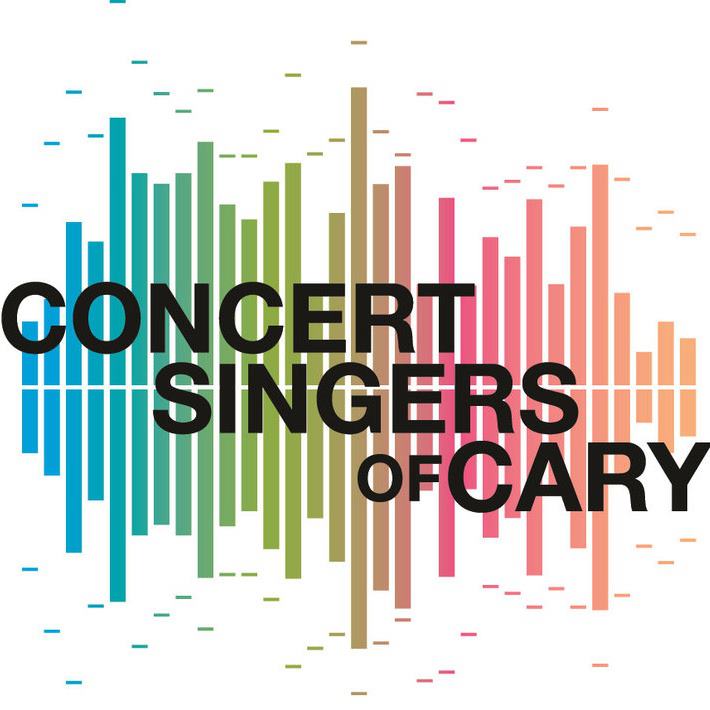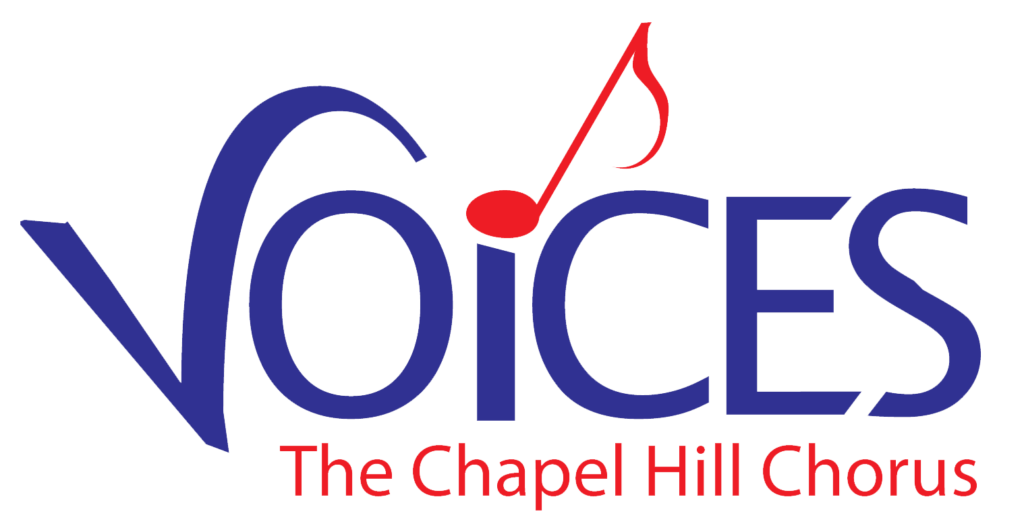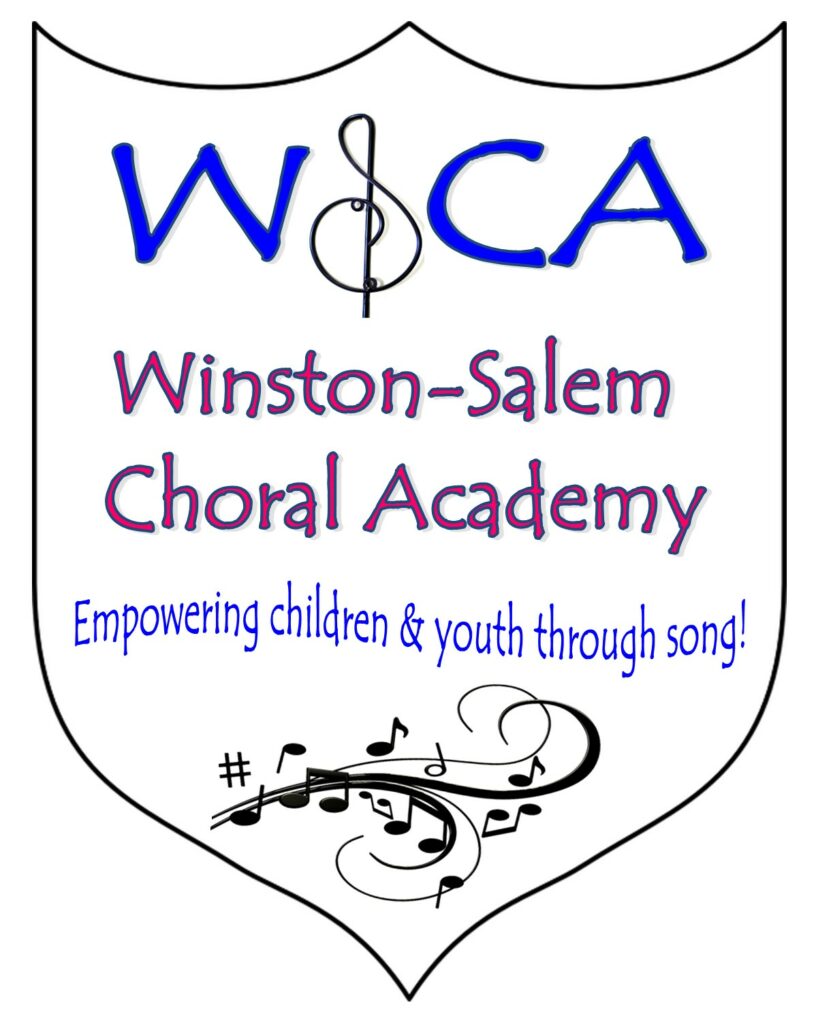William Adams, DMA
The North Carolina State University Choirs under the direction of Dr. Nathan Leaf presented a diverse, somewhat eclectic program with texts ranging from Shakespeare to Native American poetry and music ranging from traditional Appalachian folk music to fusions of Western and Hindustani classical music by Reena Esmail. There was no pretense of a theme for the evening, nor was one needed. It was a showcase of three talented, well-prepared ensembles exploring diverse music.
The Chamber Singers, while coached by Dr. Leaf, is primarily student run in performance and in the rehearsal process (a different student takes the leadership role for each piece). They sing without a conductor on their programs, relying instead on checking in with each other and interacting with one another as they sing. This is the model of professional ensembles like Cantus or Chanticleer. It is striking to see this done so well by a student ensemble and even more remarkable when one considers there is no Voice or Choral major at NCSU. All of these students are majoring in something other than Music. Their set consisted of “Fancies I” by Sven-Eric Johanson and “A Winter Breviary” by Reena Esmail. They sang with excellent diction and intonation even during the more difficult atonal sections. Pianist Ariadna Nacianceno accompanied the ensemble on “Fancies I”; she did not attempt to lead them. It was apparent in her own body language that she was reacting to the singers the way she would a recitalist. “A Winter Breviary,” which is a cappella, was sung very lyrically and expressively.
The women of the University Singers demonstrated exceptional lyricism and tender singing on Reena Esmail’s “Listen.” Their presentation of the text was very intentional and well inflected. The full choir then presented three strikingly different selections with hints of Copland’s Americana in Purifoy’s “Words of Lincoln,” more Americana of a different flavor in Kirchner’s setting of “Bright Morning Stars,” and the rhythmic, Hindustani based “TaReKiTa” of Esmail. Jonathan Crocker sang clearly, with a strong, well-balanced tenor on the Appalachian folk song. The choir really came to life during “TaReKiTa,” however. They were more animated both facially and physically and it brought more sparkle and energy to their singing.
The State Chorale’s selections of Dr. Esmail’s music consisted of two strikingly different works. “Tuttarana,” like “TaReKiTa” is more onomatopoetic syllables around the complicated tala rhythms of Hindustani music. They were exceptionally clean and very energetic in their performance. This was followed by “The Love of Thousands,” text by a Native American poet, Linda Hogan. The harmonies here are more reminiscent of Whitacre; very complex, intricate structures, sometimes quite dissonant, other times more diatonic and extended, that require very delicate, sensitive tuning. The intricate rhythms vary from very legato treatments to more percussive. The ensemble’s precision was remarkable. The dynamics are also challenging requiring rapid changes along a spectrum, not terraced. The result, when performed as well as by the State Chorale, is exciting.
Chorale’s final selections were spirituals. Moses Hogan’s “My Soul’s Been Anchored” and two arrangements by Shawn Kirchner of “Angel Band” and “Unclouded Day.” The choir shifted their formation to sing mixed, rather than in sections. The result was an even warmer sound, better blended across the ensemble. They create a wonderful “wall of sound” which was most evident on “Unclouded Day.”
A note on the maestro: Nathan Leaf is a “singer’s conductor.” He doesn’t try to be flashy or flamboyant in his gestures. He is very clean and precise with elegant hands that can equally communicate intensity and drama or great subtlety and lyricism. His face is always animated and he creates a genuine connection with his ensemble.
The night was eclectic, very diverse, and well paced. The music was thought provoking and the pieces were wonderfully realized by very talented and committed young singers.








